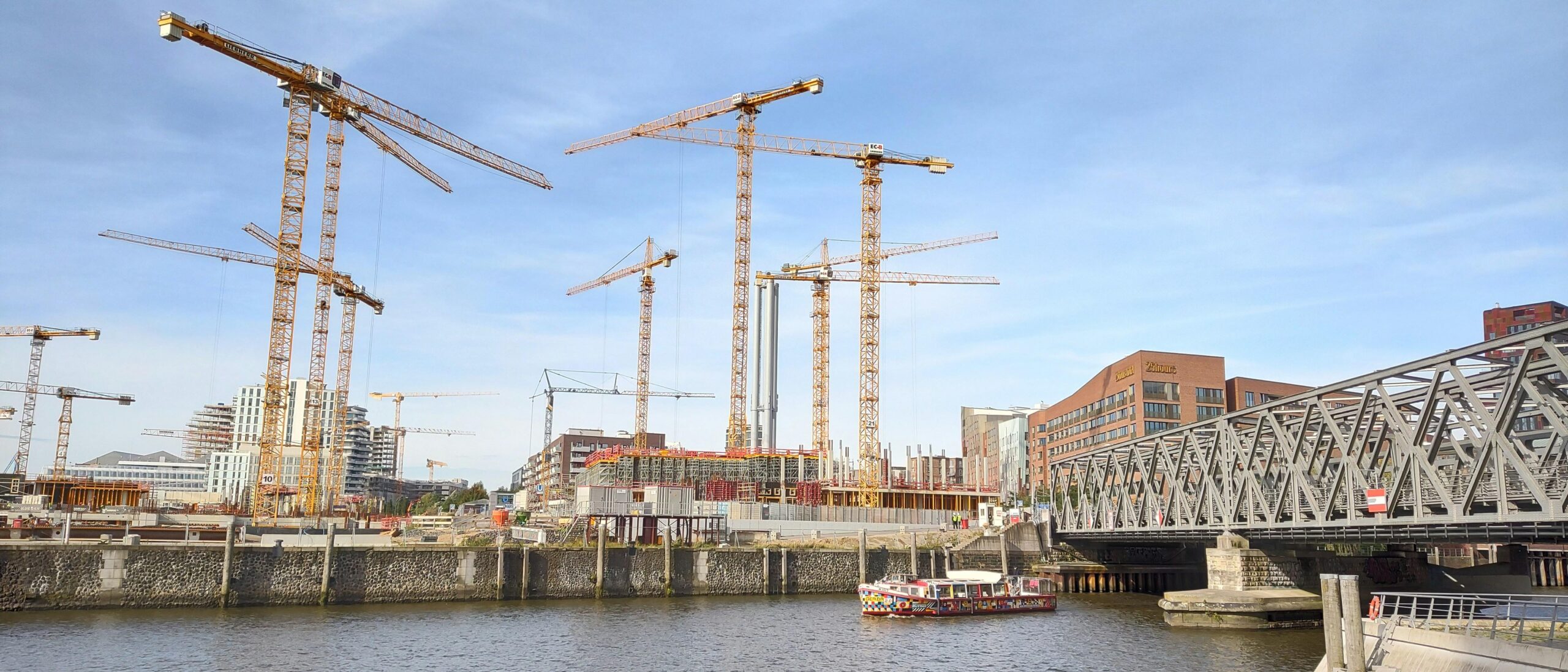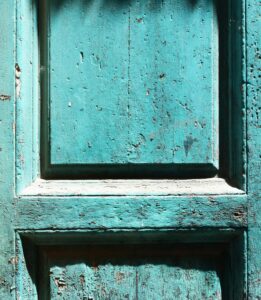When it comes to new construction in the Twin Cities, every detail matters-from the foundation to the finishing touches. Yet, amid the excitement of creating a fresh space, one crucial element too often slips under the radar: security. In a region where weather and community dynamics both play a role, choosing the right lock upgrades can mean the difference between peace of mind and unexpected vulnerability. Whether you’re a homeowner, builder, or developer, understanding the latest in lock technology is key to safeguarding your investment. Let’s explore why lock upgrades deserve a prime spot on your new construction checklist.
Table of Contents
- Essential Lock Features for New Twin Cities Homes
- Choosing Locks That Withstand Local Weather Conditions
- Smart Lock Technologies to Enhance Security and Convenience
- Balancing Aesthetics and Functionality in Lock Selection
- Professional Installation Tips for Maximum Safety
- Q&A
- The Way Forward
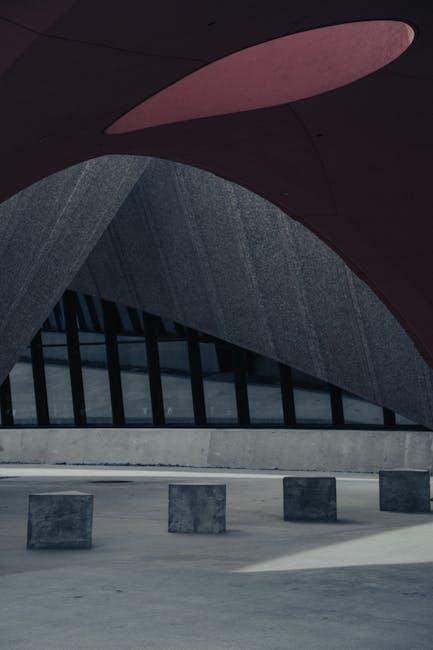
Essential Lock Features for New Twin Cities Homes
When securing a brand-new home in the Twin Cities, it’s vital to invest in lock features that blend robust security with modern convenience. Start by choosing locks with smart technology integration-these allow you to control access remotely via your smartphone, receive alerts, and manage multiple users effortlessly. Additionally, consider locks with advanced encryption protocols to shield against hacking attempts, a feature increasingly important in today’s connected world. Don’t overlook deadbolts made from hardened steel with anti-pick protection, as they provide an essential barrier against forced entry while complementing your home’s sleek new design.
In addition to security specs, focus on user-friendly features that enhance daily life and future-proof your investment. For example, select locks with keyless entry options such as fingerprint recognition or customizable access codes, which eliminate the hassle of lost keys. Another key upgrade is weather-resistant finishes, designed to withstand Twin Cities’ varying climate conditions from harsh winter freezes to heavy summer rains. Here’s a quick glance at some must-have lock features:
- Smart lock compatibility
- Anti-drill and anti-bump technology
- Multiple user access management
- Battery backup and power failure alerts
- Durable, weatherproof materials
| Lock Feature | Benefit |
|---|---|
| Smartphone Control | Remote locking and unlocking |
| Fingerprint Access | Keyless convenience |
| Weatherproof Finish | Durable in all seasons |
| Anti-Pick Technology | Enhanced security against intruders |

Choosing Locks That Withstand Local Weather Conditions
When selecting locks for your new build in the Twin Cities, it’s crucial to prioritize durability against the region’s notorious weather fluctuations. From the icy chills of winter to the humid summers, the right lock must resist corrosion, freezing, and warping. Opt for materials like stainless steel or brass with weather-resistant finishes that maintain integrity despite rain, snow, or heat. Additionally, investing in locks with protective weather shields or built-in rubber gaskets can significantly reduce moisture infiltration and mechanical failure over time.
Understanding the local climate’s impact on lock performance isn’t just about materials; it also influences lock types and mechanisms. For example, electronic locks with exposed keypads should feature waterproof designs or be installed in sheltered areas to prevent water damage. Mechanical deadbolts with robust, rust-resistant components generally offer better longevity than cheaper alternatives. Below is a quick comparison of popular lock materials suited for Twin Cities conditions:
| Material | Weather Resistance | Maintenance |
|---|---|---|
| Stainless Steel | High – Resistant to rust and corrosion | Low – Occasional cleaning |
| Brass | Moderate – Naturally weather-resistant but oxidizes | Medium – Polishing recommended |
| Zinc Alloy | Low – Prone to corrosion in moisture | High – Requires frequent upkeep |
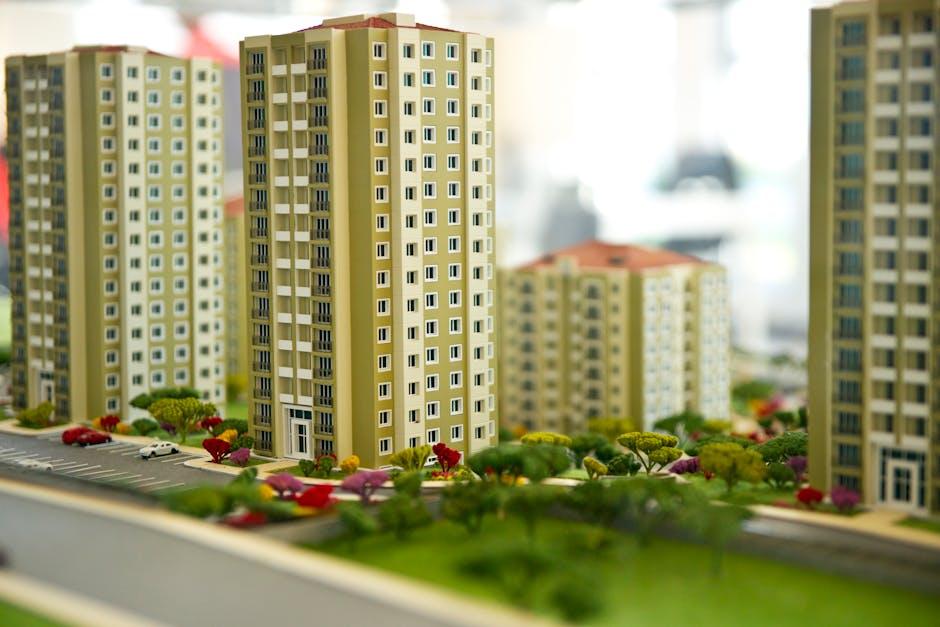
Smart Lock Technologies to Enhance Security and Convenience
Modernizing your home’s entry points with smart lock systems brings an unmatched blend of security and ease. These devices offer a dynamic alternative to traditional locks by allowing keyless entry through smartphones, biometrics, or customized passcodes, reducing the risk of unauthorized duplication. Imagine unlocking your door remotely to welcome guests or service professionals, or receiving instant notifications whenever someone enters your property-features that turn mere locks into an integrated part of your home’s safety network.
Beyond convenience, smart locks often come equipped with audit trails, allowing homeowners to log and monitor access in real-time. This is especially handy for families managing multiple users or rental properties within the Twin Cities area. Below is a quick comparison of popular smart lock features to consider when upgrading:
| Feature | Benefit | Best For |
|---|---|---|
| Biometric Access | Fingerprint or facial recognition | Families with kids or elders |
| Remote Lock/Unlock | Control via smartphone app | Busy homeowners & remote workers |
| Temporary Access Codes | Time-limited entry for guests | Short-term rentals & visitors |
| Audit Trails | Access history logging | Security-conscious households |
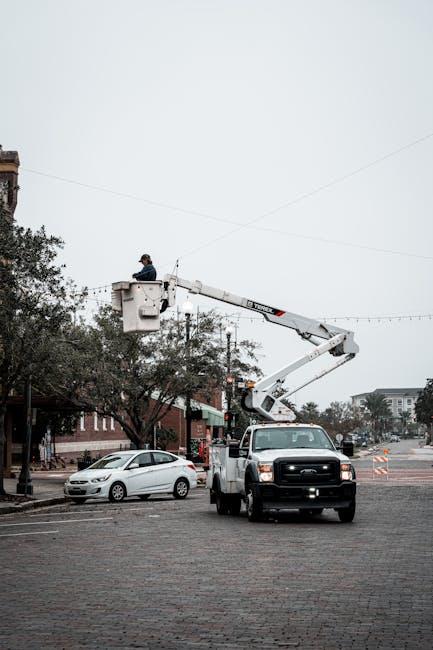
Balancing Aesthetics and Functionality in Lock Selection
Choosing the right lock for your new home is about more than just security-it’s an opportunity to make a style statement. Modern locks come in a variety of finishes, from sleek matte black to polished brass, allowing homeowners to coordinate with door hardware and overall interior design seamlessly. Striking the perfect balance means selecting products that not only enhance curb appeal but also uphold robust protection against break-ins. Durability, ease of use, and visual harmony should all play pivotal roles in your decision-making process.
When weighing options, consider how each lock functions within your daily routine without compromising aesthetics. Smart locks, for example, offer convenience with keyless entry and remote access but also boast streamlined designs that blend effortlessly with contemporary doors. To simplify your selection, here’s a quick guide showcasing key attributes:
| Lock Type | Visual Appeal | Functionality | Recommended Use |
|---|---|---|---|
| Deadbolt | Classic, Timeless | High Security | Front Entry Doors |
| Smart Lock | Modern, Minimalist | Keyless Convenience | Tech-Savvy Homes |
| Lever Handle Lock | Elegant, Accessible | Easy Operation | Secondary Doors |
| Mortise Lock | Traditional, Solid | Robust Security | High-Traffic Areas |
- Match finish and style to existing door hardware for cohesive looks.
- Prioritize user-friendly features without sacrificing security ratings.
- Consider maintenance needs to keep locks looking and working like new.

Professional Installation Tips for Maximum Safety
For a truly secure lock system, precision is everything. Start by ensuring the door frame and lock housing are perfectly aligned; even slight misalignment can compromise the lock’s integrity. Use a level and measuring tape to check that the strike plate and latch fit snugly without forcing. Consider drilling pilot holes to avoid splitting the wood, and always use screws long enough to anchor the lock into the door frame securely-ideally, screws that reach the stud behind the jamb.
When it comes to installation, don’t underestimate the power of proper tools and accessories. A quality drill, screwdriver, and even a chisel can make the difference between a sloppy fit and a high-security lock installation. Keep these key tips in mind:
- Test your lock multiple times before final tightening to confirm smooth operation.
- Apply thread locker on screws to prevent loosening over time.
- Install weather stripping if the lock is exposed to the elements for added durability.
Below is a quick reference guide to common screw lengths for various door frame types:
| Frame Material | Recommended Screw Length |
|---|---|
| Wood | 3″ to 3.5″ |
| Metal | 1.5″ to 2″ self-tapping |
| Composite | 2″ to 2.5″ |
Q&A
Q: Why are lock upgrades essential for new construction homes in the Twin Cities?
A: New construction homes often come with standard, factory-installed locks that might not offer the highest level of security. Upgrading your locks ensures enhanced protection against break-ins and adapts better to the unique climate challenges of the Twin Cities, such as extreme cold and moisture, which can affect lock performance over time.
Q: What types of locks should Twin Cities homeowners consider for new construction?
A: Homeowners should consider high-security deadbolts, smart locks with keyless entry features, and weather-resistant models specifically rated to withstand harsh seasonal conditions in the Twin Cities. Combining traditional mechanical locks with digital options can provide both convenience and advanced security.
Q: How often should locks be checked or replaced after installing in a new home?
A: It’s wise to have your locks inspected annually to ensure they function smoothly despite temperature changes and humidity. Replacements might be necessary every 5-10 years or sooner if you notice wear, difficulty in locking, or if security technology advances.
Q: Can upgrading locks add value to a newly constructed home?
A: Absolutely. High-quality lock systems not only improve safety but also appeal to future buyers who prioritize security. It can be a practical investment that enhances your home’s marketability and peace of mind.
Q: Are there any local Twin Cities regulations or considerations regarding locks in new construction?
A: While there are no strict local mandates for lock types in residential construction, some neighborhoods and homeowners associations may have recommendations or requirements. It’s also helpful to consult local locksmiths familiar with regional safety concerns to choose the best locks.
Q: Is professional installation necessary for lock upgrades in new homes?
A: Yes, professional installation ensures that locks are properly fitted and fully functional, minimizing vulnerabilities. Particularly for smart locks or complex security systems, expert installation guarantees optimal integration and performance in your Twin Cities home.
Q: How do climate factors in the Twin Cities affect lock selection and maintenance?
A: The Twin Cities experience freezing winters and humid summers, which can cause locks to freeze, rust, or warp. Selecting weatherproof materials and lubricating locks regularly help prevent damage and maintain smooth operation year-round.
Q: What makes smart locks a popular upgrade choice for new homes in the Twin Cities?
A: Smart locks offer convenience with remote access, temporary passcodes, and integration with home automation systems-features valuable for busy homeowners. They also allow enhanced monitoring and security even when you are away, which is beneficial given the seasonal travel many residents undertake.
The Way Forward
As the Twin Cities skyline continues to grow and evolve, so too should your approach to securing your new construction investment. Upgrading your locks isn’t just a final step-it’s a crucial one that safeguards your future home or business from the very start. By choosing the right lock enhancements now, you’re not only protecting your property but also gaining peace of mind in a bustling urban landscape. So, before you settle into your new space, take a moment to focus on the details that matter most: smart, sturdy security that stands the test of time. After all, in the heart of the Twin Cities, safety is the foundation upon which every new beginning is built.


